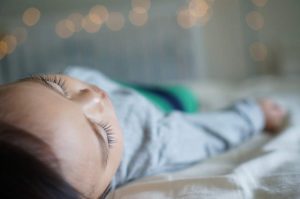 A new study suggests that depression in autistic children may manifest as insomnia and restlessness rather than the typical feelings of sadness. Estimates of the prevalence of depression in autism range from 10 to 72 percent. Autistic individuals often experience depression differently than most people do, and it may be more closely tied to features of anxiety in autistic children. Researchers analyzed data from 118 children with autism and 2,016 controls and found that 29 percent of the autistic children were flagged for depression, compared to 13 percent of the controls. The study suggests that addressing sleep problems and restlessness could potentially alleviate depression in autistic children. However, the results only capture a snapshot of the children’s experiences at one point in time and do not offer insights into their mental state at other times. The researchers are conducting further analysis to determine which aspects of depression emerge first in autistic children.
A new study suggests that depression in autistic children may manifest as insomnia and restlessness rather than the typical feelings of sadness. Estimates of the prevalence of depression in autism range from 10 to 72 percent. Autistic individuals often experience depression differently than most people do, and it may be more closely tied to features of anxiety in autistic children. Researchers analyzed data from 118 children with autism and 2,016 controls and found that 29 percent of the autistic children were flagged for depression, compared to 13 percent of the controls. The study suggests that addressing sleep problems and restlessness could potentially alleviate depression in autistic children. However, the results only capture a snapshot of the children’s experiences at one point in time and do not offer insights into their mental state at other times. The researchers are conducting further analysis to determine which aspects of depression emerge first in autistic children.